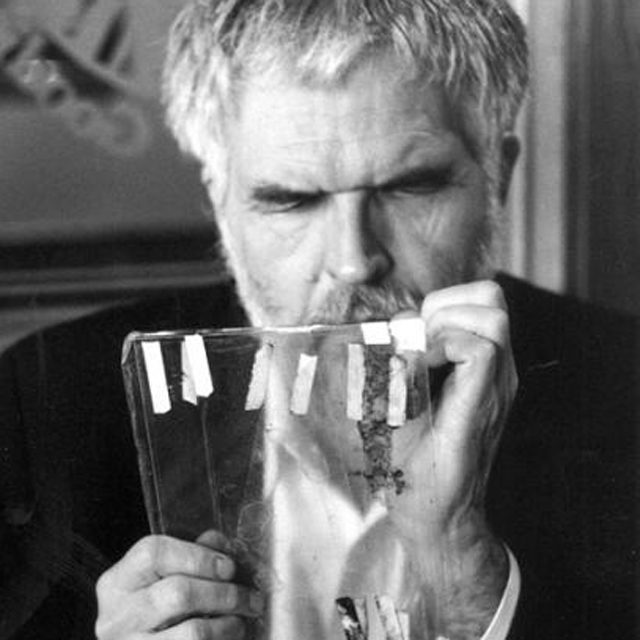
Dear University of Colorado students:
If I could offer you one word of advice — no, it’s not sunscreen — it would be this: Resources. Find them, use them, embrace them, stake your college career on them and you will find yourself a better, more rounded person. Sure, advisors, professors, counselors (mental and career) are necessary for navigating university, but there are many resources at your fingertips: libraries to plunder, theater and dance performances to experience, more concerts than you can shake a stick at and, of course, movies.
For those studying the cinematic arts, CU’s International Film Series is an essential way to navigate the world of cinema past and present. It’ll whet your appetite for something beyond the multiplex and there’s no reason to stop there; thanks to Norlin Library’s extensive collection of DVDs and Blu-rays, you’ll find an endless array of images to expand your range.
There’s no better place to start in this abundance than with a collection from a filmmaker who called these hallowed halls home: Stan Brakhage. Put together by the good folks at the Criterion Collection, By Brakhage features hours of vibrant images and abstract paintings from the godfather of experimental film. And when watching Brakhage on your laptop isn’t enough, head over to ATLAS 100 on the first Sunday of every month, where Professor Suranjan Ganguly hosts Celebrating Stan, a screening of Brakhage films from the university’s private collection, all presented on 8mm, 16mm and 35mm. Resources: You gotta love ‘em.
Stan Brakhage was born in Kansas City, Missouri in 1933, moved to Denver at the age of 7 and made his first film at the age of 19. Over the next 52 years, he would go on to make almost 350 films varying in length from a few seconds to four-and-a-half hours. Works like Window Water Baby Moving (1959), Dog Star Man (1961–64), Mothlight (1963), The Act of Seeing With One’s Own Eyes (1971), The Dante Quartet (1987) and Brakhage’s final film, Chinese Series (2003) aren’t just challenging works of experimentation; they are deeply personal charges to see the world differently.
One of the many ways Brakhage achieved this was by painting on the film stock itself, producing hypnotic colors and movement. At first glance, this might seem too abstract, too intellectual to connect with; give it time, and Brakhage’s aim — to capture what cannot be photographed — comes through like a thunderbolt.
That simple yet difficult concept has inspired filmmakers from Martin Scorsese to Derek Cianfrance (a CU alum and Brakhage student). That does not mean Brakhage is only for film students; Brakhage is for everyone. No doubt dancers, painters, composers, writers, engineers and MBAs can all benefit from an hour in the dark with Brakhage. It doesn’t matter what you are studying, Brakhage can help you see the world in a new way, solve a problem in a new manner and understand something you might never have considered. It’s a resource you can’t afford to miss.
On the Bill: Celebrating Stan. 7:30 p.m., Sunday: Sept. 3, Oct. 1, Nov. 5, Dec. 3, University of Colorado Boulder, ATLAS 100. Free and open to the public.














